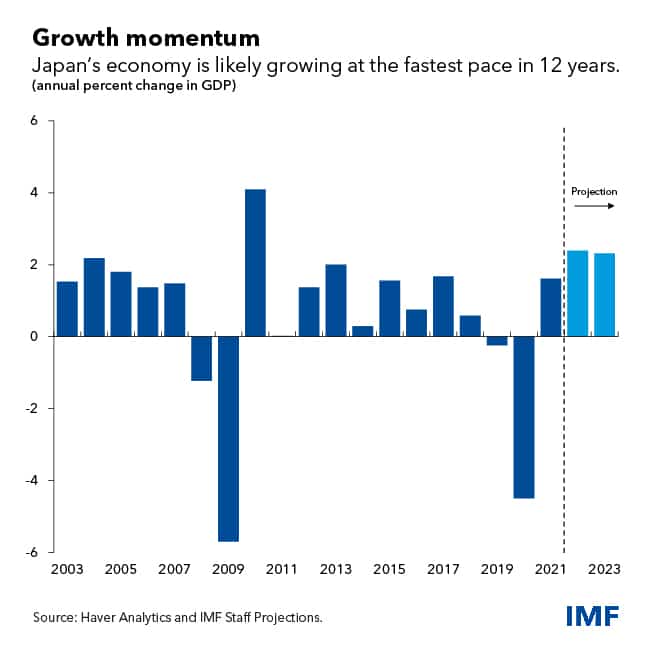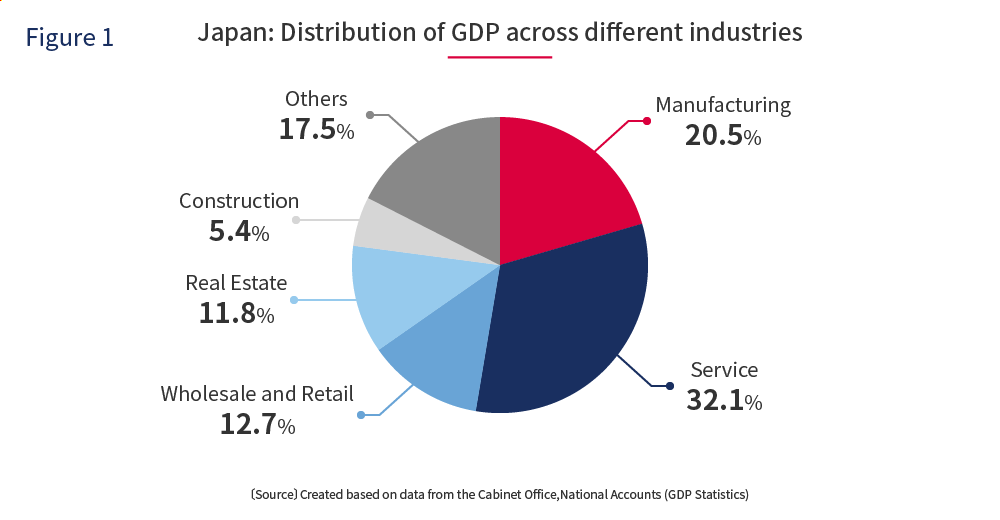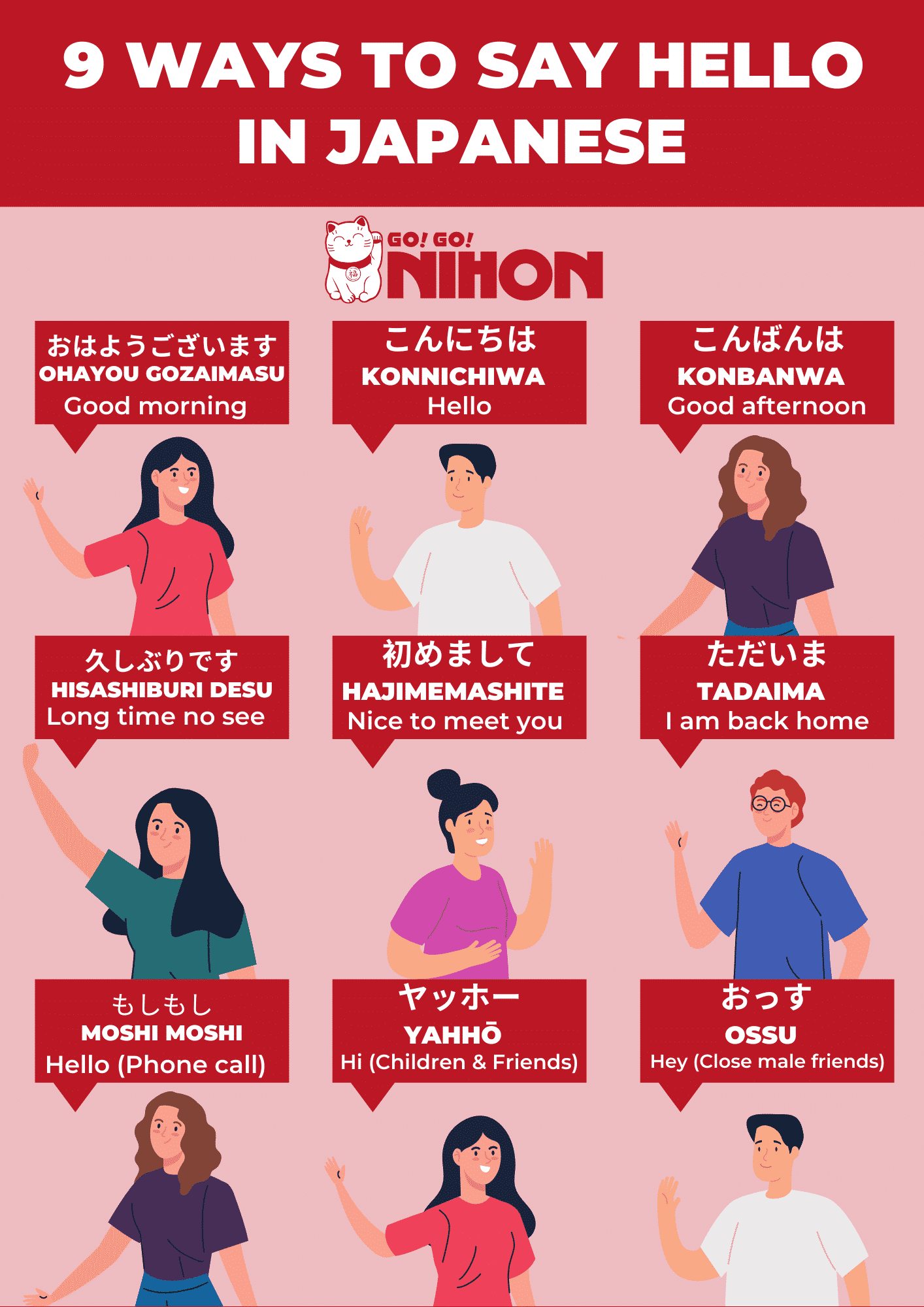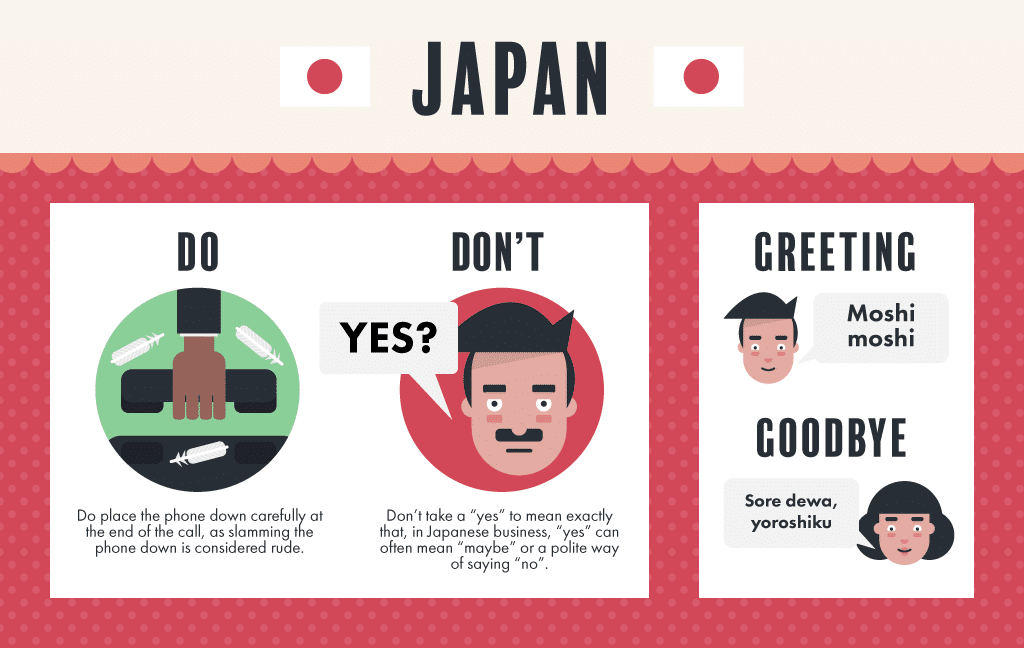Not many companies can say that they successfully do business in Japan. Those who do so are among the most prosperous in the world.
It’s not a secret that the Japanese market is very hard to reach. Although many companies try to penetrate it by devising original strategies and making massive investments, it seems to not be enough since many fail.
Little do they know that business etiquette in Japan is completely different from this of the Western world.
The amount of money you invest won’t help you win new business partners and increase your customer base.
If you want to get to know the Japanese market better, keep reading!
In the following blog, we will look into the pros and cons of the Japanese market as well as the appropriate business etiquette and style of communication in the land of the rising sun.
Do you want to translate your content into Japanese?
Milestone helps you seamlessly translate content & localize your website, products, and services for more reach, better conversions, and greater sales.
Overview of the Japanese market
Japan offers huge business opportunities. Here is a list of some of the most promising features of this market:
- Japan is the largest stock exchange in Asia.
- Its combined market cap exceeds 5.6 trillion U.S. dollars.
- It amounts to 10 per cent of the world’s economy.
- Japanese consumers can be viewed as having a high level of disposable income.
- Japan offers a large, highly educated workforce.
- Transporting goods seems to be as easy as pie with first-class infrastructure.
All in all, Japan is a crucial player in the international market. What’s more, the Japanese people are a prime example of a nation built around facilitating global commerce.

Also read: Business In China: Cultural Differences You Need To Know
Opportunities for foreign companies in Japan
The Japanese market offers a wide range of business opportunities for basically any company. Here are our suggestions:
Gateway economy: Japan is well-known for being the gateway into Asia. What’s more, it is a leading economy in the region.
Thus, it offers a market-driven economy which is perfect for any company that seeks new growth opportunities.

Strong economic performance and a bright outlook: According to Focus Economics’ prediction Japan will keep its position as the third largest economy worldwide in 2024, with a GDP estimated at US$5.6 trillion.
Well-educated workforce: According to Trading Economics,79.9% of Japan’s working-age population has advanced education. The Organization for Economic Co-operation and Development (OECD) ranks Japan second when it comes to adult education in the world.
Knowledgeable consumers: Japanese consumers are willing to invest in premium products since they see the long-term benefits of a high-quality purchase.

Leader in the high-tech industry: Japan is responsible for a quarter of the world’s high-tech product production. The total amount of annual revenues of the leading Japanese high-tech companies is comparable to the economy of the Netherlands.

Accessible company registration: Paperwork can be a stumbling block. Not in Japan, though! Registering your company in Japan is easy and can take up to 2-4 weeks.
Also read: Chinese vs Japanese vs Korean Languages: Similarities & Differences
Challenges for foreign companies in Japan
Reaping all the benefits of the Japanese market, however, can be hindered if you are not aware of some of the challenges that await you. Remembering the following peculiarities will help you establish yourself on the market faster!
Ageing population: One-fourth of the population of Japan is over 65 years old. These numbers are expected to reach 40% by 2060, according to statistics from the World Economic Forum.

Hard to please consumers: While Japanese consumers are willing to pay the price of high-end products, they also have very high standards and high demands.
Language barrier: Although English is widely spoken by young Japanese people, the lingua franca of our modern world is not well-accepted in the Japanese business environment. Few professionals speak English fluently.
Thus, business in Japan is always conducted in Japanese.
Unfamiliar business etiquette: As strange as it may sound, neglecting Japanese business etiquette might be the greatest challenge.
Regardless of where you come from, if you want to do business in Japan, you have to show some respect to the local customs.
Also read: Business In The Middle East: Cultural Differences You Need To Know
Connect With Japanese Customers In Their Native Language
Milestone helps you seamlessly translate content & localize your website, products, and services for more reach, better conversions, and greater sales.
Cultural Considerations for doing business in Japan
Building relationships before doing business
Japanese business etiquette is more relationship-oriented than that of the Western world.
Japanese people believe that you can only do business with a person you trust, so developing relationships through informal meetings and other types of events is crucial.
Age and status
Age plays a central role in Japanese culture and is of great importance when it comes to hierarchy. Social interactions in Japan, at the same time, are very much affected by the existing social ladder.
So, one’s place in the hierarchy is determined by age, education, position in the company, etc. When speaking to someone who has a higher rank, you need to show respect.

Also read: How to Localize Your App and Reach New Users
Bowing instead of handshakes
Bowing is the most common way to greet people in Japan, especially in business.
Bowing is a way to show respect to those who are older than you. It is the junior person who initiates the greeting. The senior member usually returns a less accentuated bow.
Keep in mind that when bowing, men keep their hands at the sides, while women may cross their hands or fingers at thigh height.
You always greet the oldest person in the room first.
Also read: Everything About The Languages Of APAC

Also read: Must Know Things About Korean Business Etiquette & Culture
Japanese names
When introducing themselves, Japanese people always start with the family name, followed by their first name.
What’s more, it is very common to address people by their family name followed by the honorific title “san.” This title is similar to Mr., Ms., and Mrs.; however, “san” is used with all genders.
Modesty and dress code
When doing business in Japan, it is widely accepted that you should dress in a rather conservative and modest manner. Dark business suits, a tie, and a white shirt are the most common business attire.
Jewellery and accessories should be kept to a minimum. A wedding ring, however, is acceptable.
Be humble
When it comes to appropriate behaviour, Japanese people value humility and modesty.
Speaking softly, limiting gesticulation, and keeping your composure are musts if you want to make a good impression on your Japanese business partners.
Japanese business etiquette
Be punctual
Punctuality is particularly important for Japanese people since it is central to values such as trust and reliability. The best advice is to arrive a few minutes early.
Speak in Japanese
Japanese is the language of business in Japan. In this regard, speaking English will get you nowhere near a successful business deal.
If you do not speak Japanese, be sure to get an interpreter who can enable communication between both sides.
It is always flattering for the hosts if you try to greet them in their native language.
Also read: Languages Of East Asia
Business cards exchange
Business card exchange is an essential part of Japanese business etiquette, so be prepared!
Having your business card translated into Japanese can be a very nice detail that won’t go unnoticed by your hosts.
When giving your business card, make sure you hold the two corners pointing towards your body with both of your hands. Always start with the oldest person in the room.
When receiving a business card, take the bottom corners of it with both of your hands. Always say “Thank you!”
It is crucial to remember that the business card you’ve received should remain on the table throughout the whole meeting. Never write notes on the business cards since it is perceived as a sign of disrespect.
Business relationships in Japan are cultivated with as much care and attention as one would put into preparing a wedding invitation—where precision and thoughtfulness are key.
Always try to reach a consensus
Never put pressure on your Japanese business partners. Doing business in Japan is a very group-oriented activity.
In other words, everybody in the business meeting is working towards a consensus that is advantageous for all parties involved.
Always be mindful and patient if you want to make a good impression on your Japanese hosts. Don’t rush any deals, but rather actively participate in finding a common solution.
Also read: Top 6 Languages For Your Business
Communication Styles in Japanese business culture
Communication styles in Japanese business etiquette are among the greatest challenges Westerners must overcome.
As we have already discussed, developing a relationship with your business partners is crucial when it comes to doing business in Japan. In this regard, being aware of and actively adhering to common communication norms is always advisable.

Another aspect is language, which is the most important aspect of business communication.
Since Japanese is the main medium for communication, make sure you have all documents translated. Also, bring an interpreter who can enable smooth, straightforward communication.
When you are faced with a difficult question, don’t rush it. Japanese businesspeople often resort to silence in times of stress. Silence is seen as a means to release tension and reach balance and clarity.
This also means that you don’t have to feel pressured to fill in the silence with unnecessary comments or discussions.
Lastly, body language should be very minimal. Showing your emotions is also not advisable. Avoid any sudden movements and excessive gesticulation. While sitting, keep an upright posture and look people in the eye when you speak to them.
Also read : Professional document translation services.
Conclusion
Japan is the third biggest economy in the world, and it seems like it has a promising future as well.
And while the Japanese market seems like an excellent opportunity for any company that wants to go global, conducting business in the land of the rising sun is quite a challenging endeavour.
Unless you are aware of the local customs, you are unlikely to go far ahead.
Connect With Japanese Customers In Their Native Language
Milestone helps you seamlessly translate content & localize your website, products, and services for more reach, better conversions, and greater sales.




